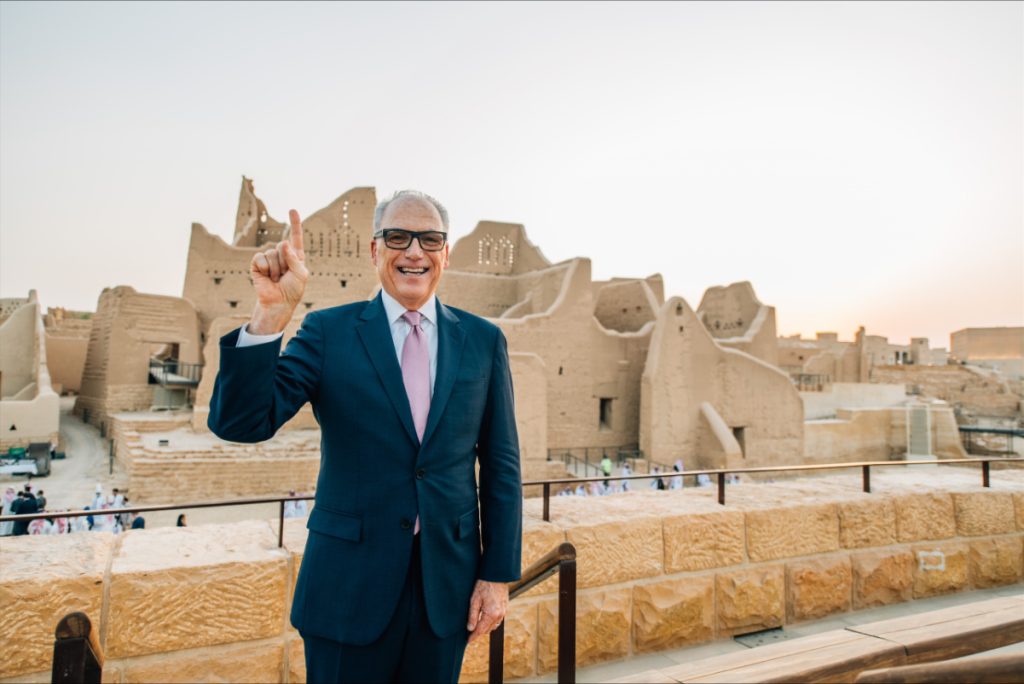Diriyah Gate, a massive project in Saudi Arabia with a budget of $64 billion, has been primarily funded by the country’s sovereign wealth fund, the PIF. However, Diriyah Gate Development Authority CEO Jerry Inzerillo aims to have over half of the project’s development cost covered by foreign investors. In a recent meeting at the Future Investment Initiative in Riyadh, Inzerillo shared that he has already secured investments from investors from various countries, such as Italy, Colombia, the UAE, and Kuwait. With $15 billion already spent on the project, Inzerillo is optimistic that at least half of the $64 billion budget will be covered by foreign investment by 2030.
In 2020, Saudi Arabia recorded $26 billion in foreign direct investment (FDI), which was ahead of the target set by the Minister of Investment, Khalid A. Al-Falih. Al-Falih noted that the number of international companies established in Saudi Arabia has increased significantly since the announcement of Vision 2030. Inzerillo is confident that Diriyah Gate will be completed by 2030, aligning with the World Expo to be held in Riyadh that year. The project’s development is progressing well, with significant investments secured from various foreign investors.
Diriyah Gate has been generating revenue through the sale of branded residences within the development. Properties branded with luxury hotel groups like Ritz-Carlton, Oberoi, Capella, Baccarat, and others are being sold as apartments and villas. Inzerillo mentioned that they have sold over 110 Ritz-Carlton apartments and several branded villas to international buyers, with occupancy expected by 2026. The project has also engaged in international marketing efforts, such as pitching properties at Harrods department store in London to attract global investors.
Amid media scrutiny on Saudi government spending, Inzerillo emphasized the importance of responsible spending and geopolitical awareness in the development of Diriyah Gate. He highlighted the need to be cautious about geopolitical dynamics and changing circumstances. Additionally, other mega-projects in Saudi Arabia, like Neom, have also attracted foreign investment interest. BlackRock announced plans to invest up to $5 billion in the region, and Neom hosted international bankers to explore collaborative opportunities. Inzerillo mentioned that Neom’s refocusing of priorities may reflect the redirection of investments into other projects like Trojena for the upcoming 2029 Winter Games.
Despite reports of scaling back in parts of Neom, Inzerillo suggested that the reallocation of funds could be attributed to the Kingdom’s win of the bid for the 2029 Winter Games in Trojena. The investment into Trojena, a priority project for the event, may have shifted focus and resources away from other areas within Neom. Inzerillo emphasized the importance of understanding the strategic decision-making process behind these shifts in funding and priorities. Neom did not provide a comment in response to inquiries about their current developments and investment strategies.


